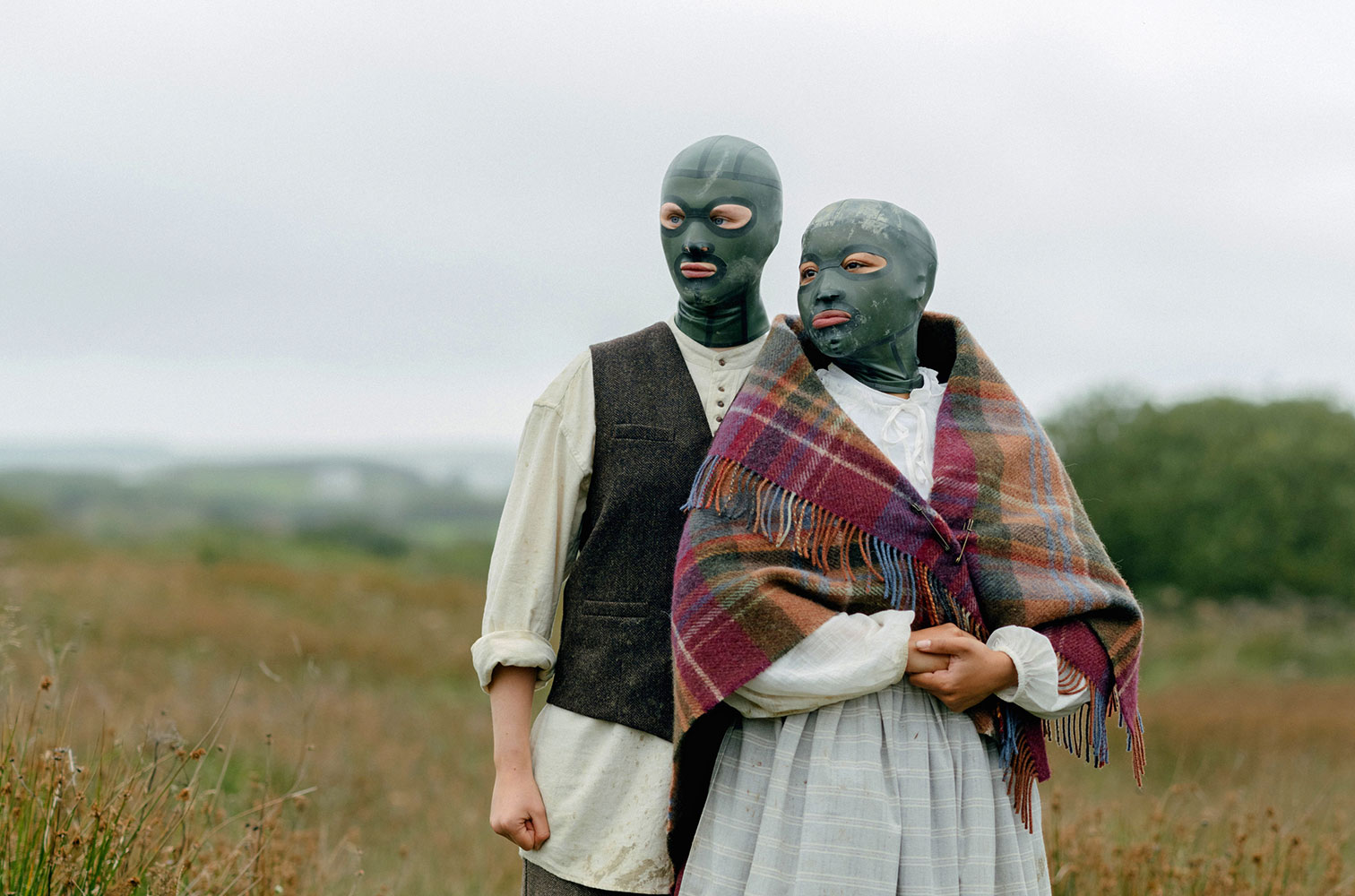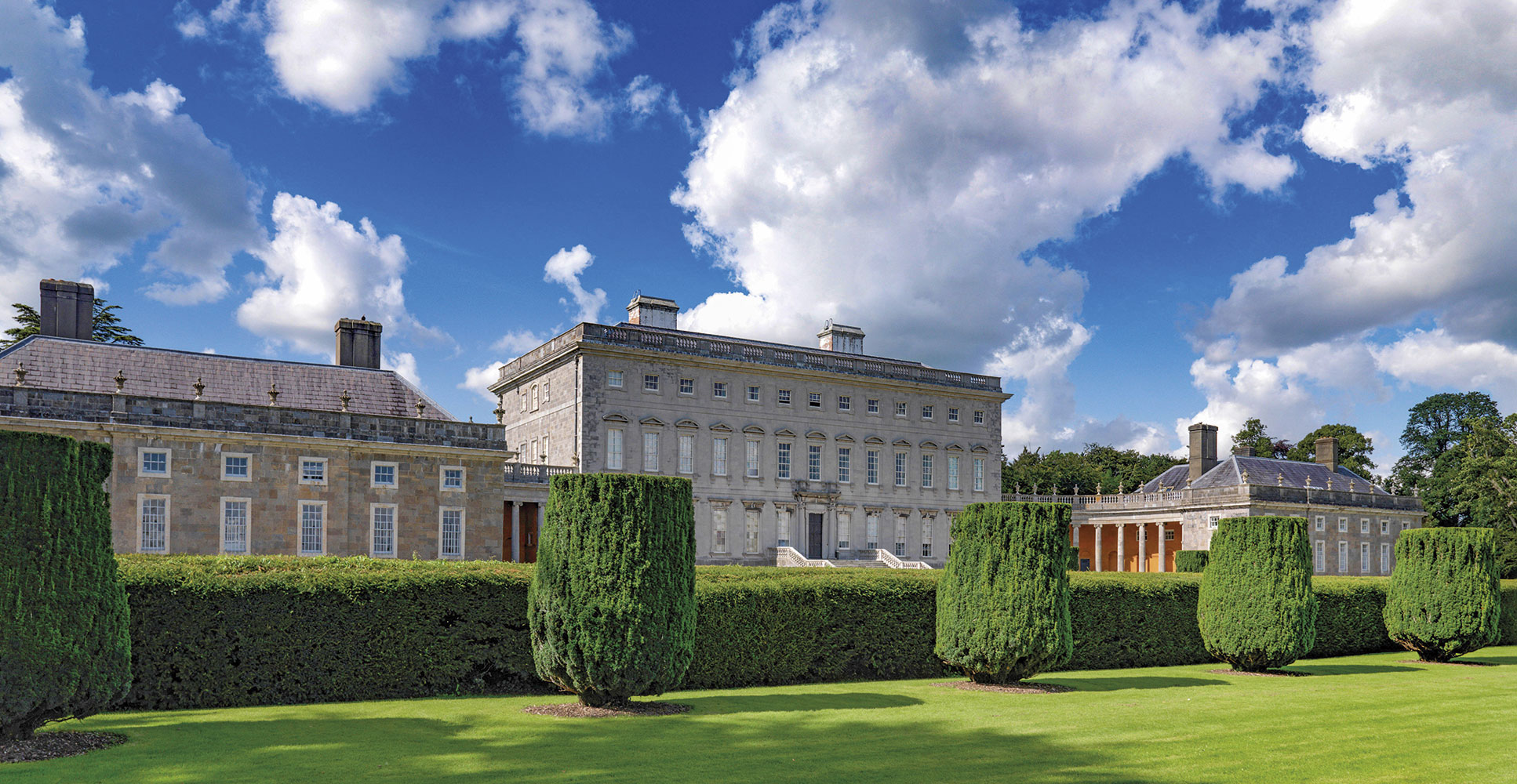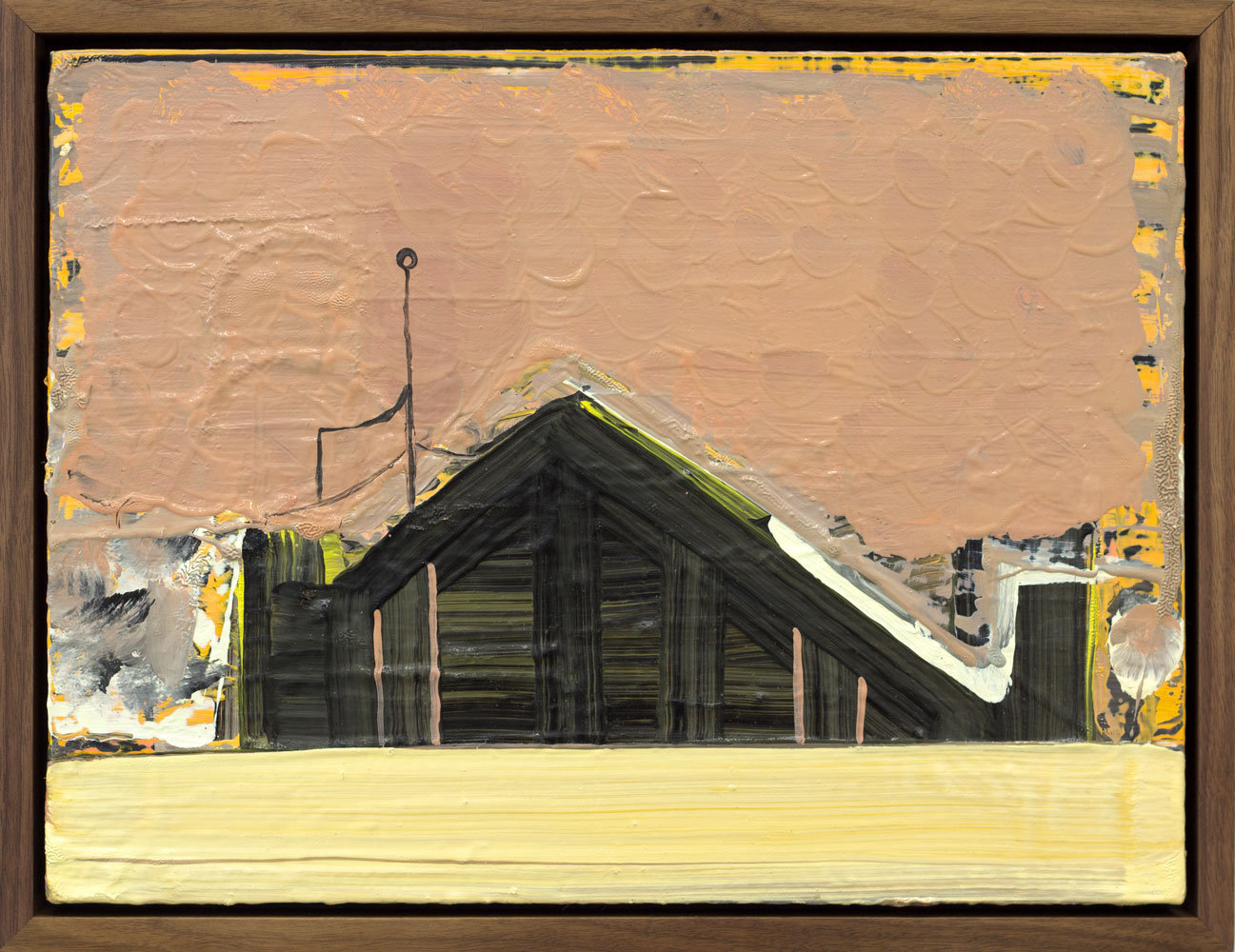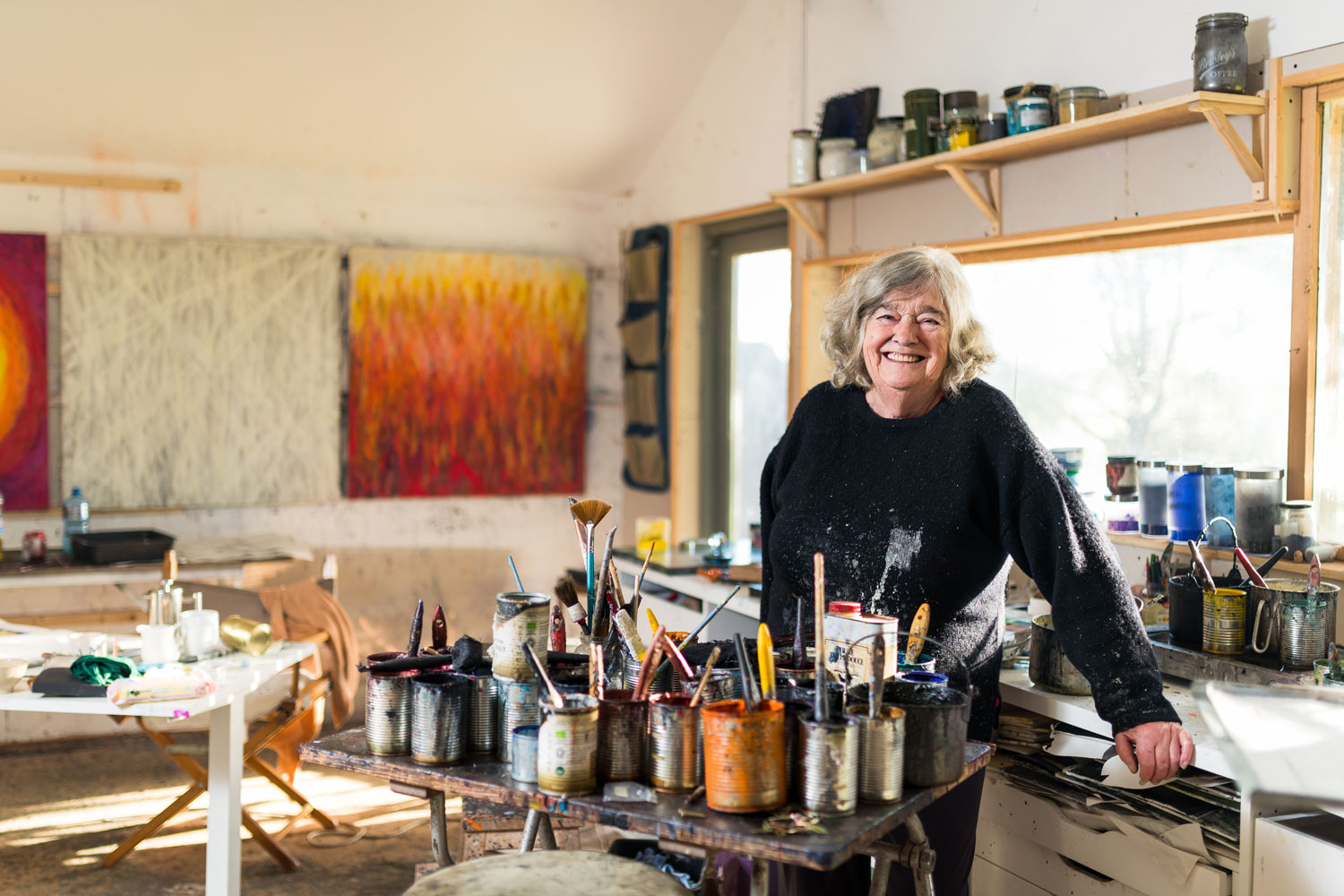Representing Ireland at the 60th Venice Biennale, Eimear Walshe (they/them) presents Romantic Ireland, curated by Sara Greavu with Project Arts Centre, Dublin.

Representing Ireland at the 60th Venice Biennale, Eimear Walshe (they/them) presents Romantic Ireland, curated by Sara Greavu with Project Arts Centre, Dublin. The work is a multi-TV installation with video shot using mobile phones and an opera soundtrack, set into earth-built walls. Its libretto tells of an 1840s eviction where a dying man’s house is demolished as he laments his former home.
Walshe was born in 1992 and is part of a generation that has been especially impacted by the ongoing housing crisis. Time is collapsed in the plot – the work is set on the building site where the future home will be demolished. Walshe states, ‘There’s a before, during and after at play in the life of a building. The way that eviction impacts people’s lives alongside the built environment shows this symbiotic dependency between people and houses. It is a very different model from property ownership.’
Walshe transposes the horrors of pre-independence Ireland’s land-tenure system onto the present.
Effectively, Walshe transposes the horrors of pre-independence Ireland’s land-tenure system onto the present. Each character wears ‘authentic’ costume, but with their faces and heads covered in a mud-coloured gimp mask. The masks can reference the balaclava of violent political resistance, with the gimp a submissive partner in bondage or sadomasochistic sexual practices. Walshe’s work connects lack of property to a lack of privacy, or as they assertively asked in the work The Land Question (2020), ‘Anyway, look, the way I see it, there’s one, and only one, land question: where the fuck am I supposed to have sex!?’
This year’s Biennale, titled ‘Strangers Everywhere’, is curated by Adriano Pedrosa, who sets the megashow against global crises involving migration and issues of identity, nationality and social disparities. Pedrosa’s definition of strangers encompasses minorities and LGBTQIA+ people and privileges indigeneity. Pedrosa’s vision has been criticised by some for flattening out the cultural contradictions and distinctions in a global commons. Walshe’s clever excavation of Irish history and unruly subversion of its clichés avoids these pitfalls, managing to enact a precise cultural moment, while simultaneously thinking globally and differentiating between speaking about the world and acting in it. Romantic Ireland shows at the Irish Pavilion in Venice until 21 November.
Seán Kissane

Castletown House, Ireland’s largest and finest Palladian mansion, has lain closed to the public since last September – all because of a dispute about access and parking.

At the 42nd Annual General Assembly of Aosdána, the organisation whose members are honoured for their contribution to the arts in Ireland, Sinéad Ní Mhaonaigh was the sole visual artist to join the ranks.

The late Helen Comerford was born in Thomastown, Co Kilkenny in 1945 and trained as a sculptor, working with a variety of materials until she used wax as a medium.